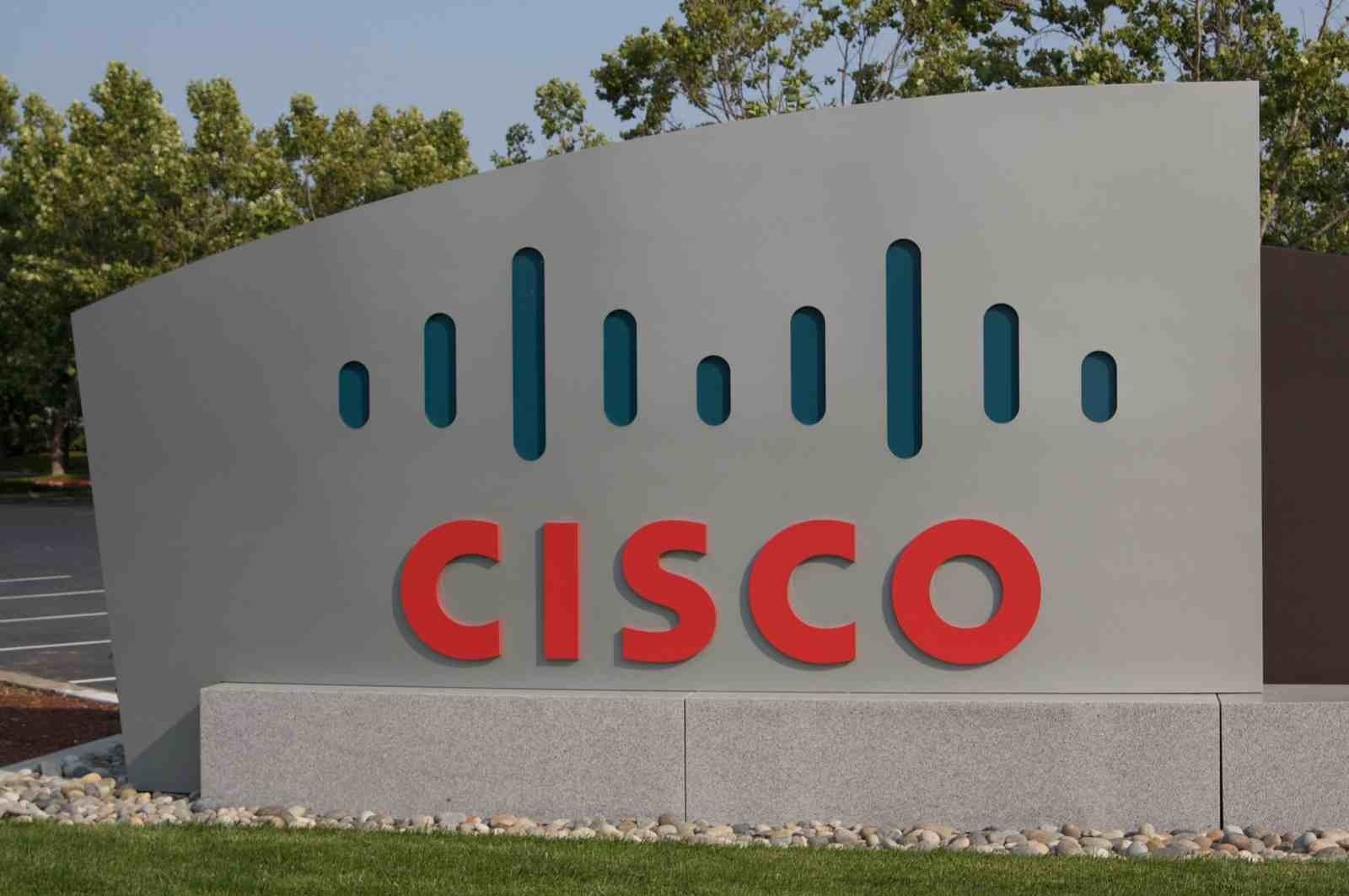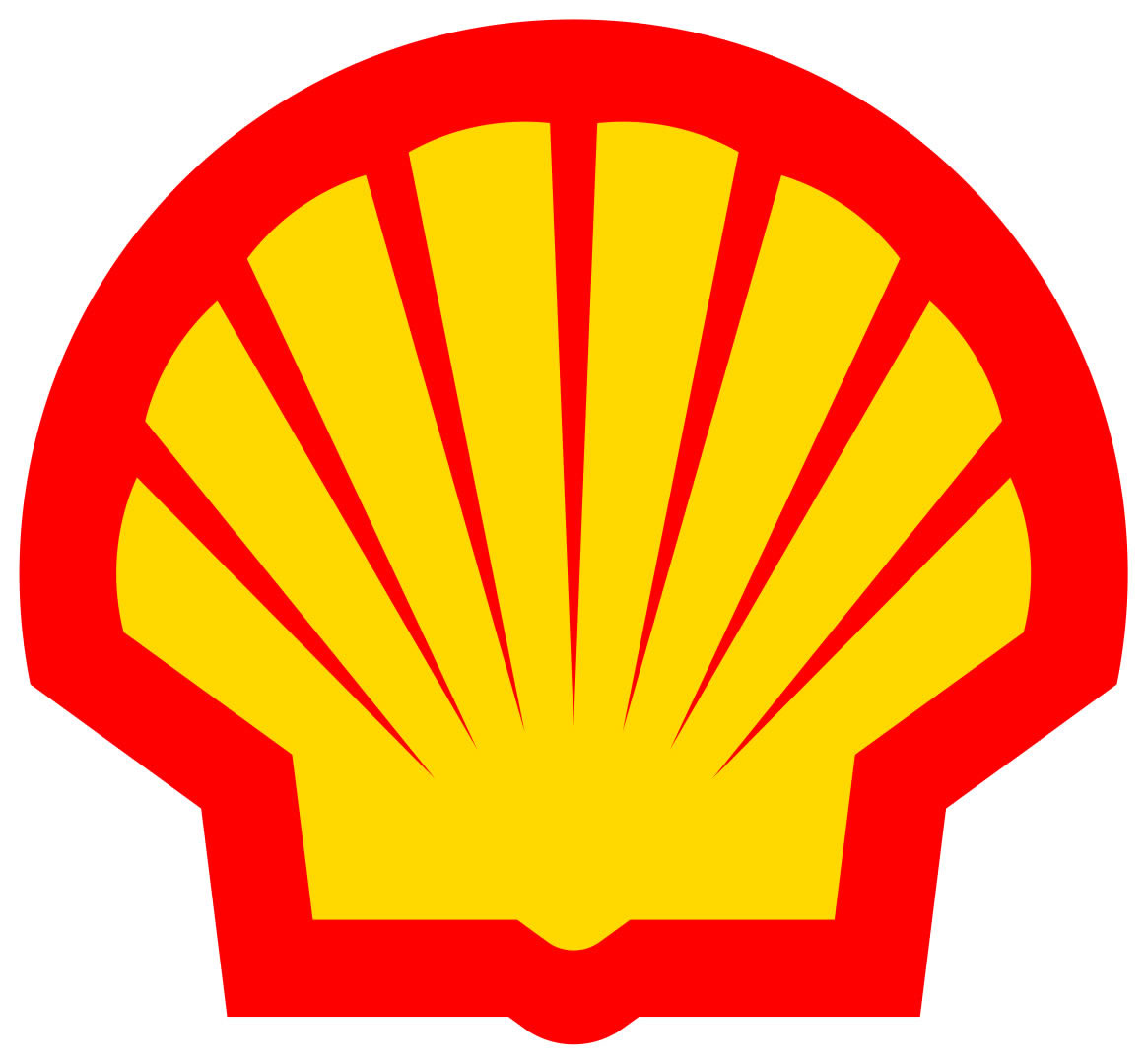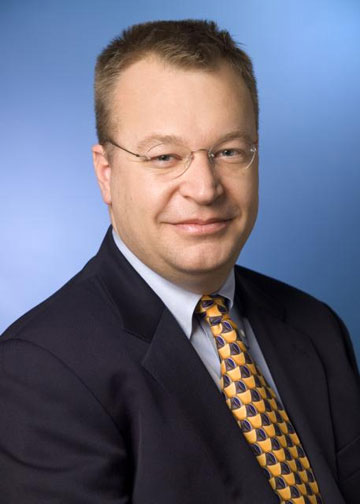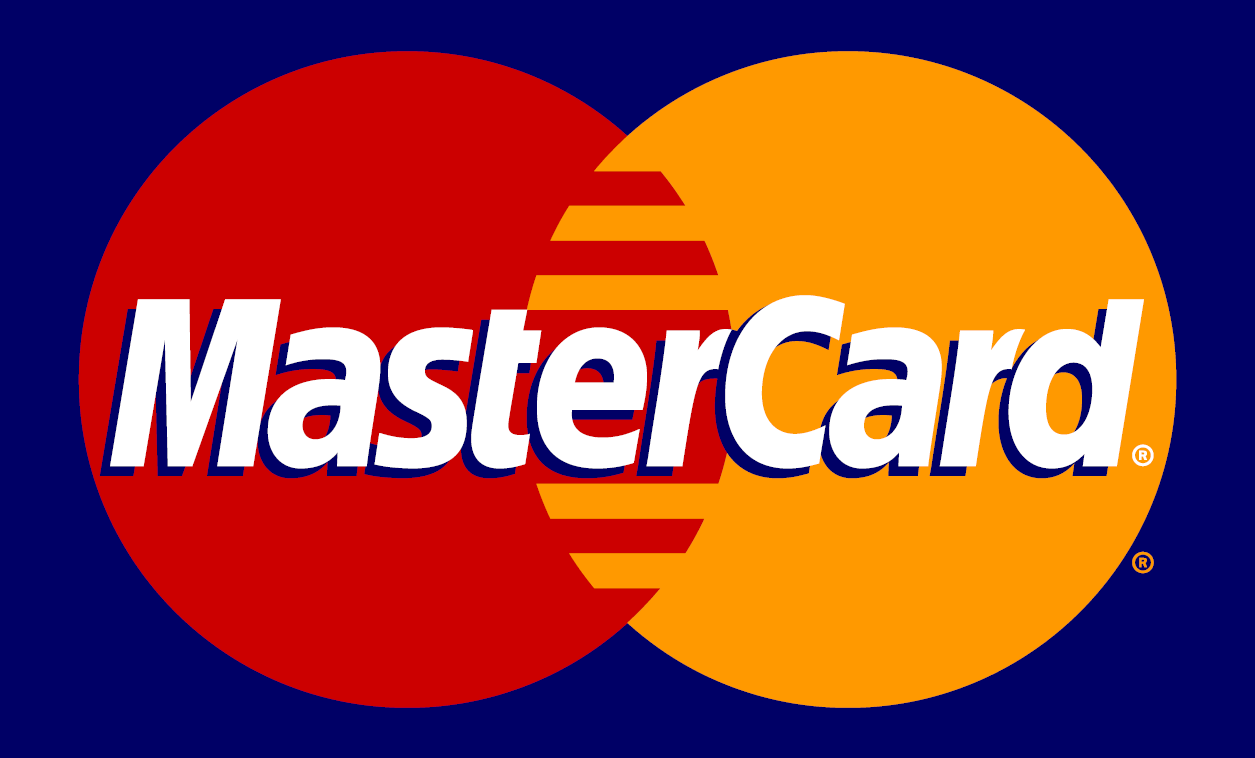
Cisco Systems Inc. (CSCO), the biggest maker of networking equipment, said it’s cutting about 5 percent of its workforce after issuing a fiscal first-quarter sales forecast that missed most analysts’ estimates.
Cisco is eliminating 4,000 jobs as weaker sales in Japan, China and Europe weigh on revenue growth, Chief Executive Officer, John Chambers said on a conference call Thursday. Revenue for the current quarter through October will be $12.2 billion to $12.5 billion, the San Jose, California-based company said in a statement. Analysts on average were projecting sales of $12.5 billion for the current period, Bloomberg reports.
Chambers is grappling with concerns that Cisco’s growth rate may slow as companies and network operators postpone costly overhauls of their networks. The results suggest the CEO is struggling to deliver on his turnaround plan for the company, said Bill Kreher, an analyst at Edward Jones & Co. in St. Louis, Missouri.
“The guidance is below the long-term plan, which can be concerning,” said Kreher, who has a hold rating on Cisco shares. “Cisco has eliminated low-hanging fruit and has effectively managed their costs, but looking forward, the company must continually find ways to generate new sources of revenue.”
Cisco fell as much as 11 percent in extended trading. The shares advanced less than 1 percent to $26.38 the close in New York, leaving them up 34 percent this year.
Global Impact
While Cisco is benefiting from growing use of Web video and mobile devices that strain data networks and require the purchase of more routers, switches and servers, that hasn’t been enough to make up for weaker sales outside the U.S. Slower world economic growth impacts Cisco because the company gets 42 percent of its sales outside the U.S. and Canada, according to data compiled by Bloomberg.
“I’m real pleased with our momentum in the market — it’s just not growing as fast as we need,” Chambers said on the call.
Profit excluding some items was 52 cents a share in the fiscal fourth quarter, while revenue rose 6 percent to $12.4 billion. Analysts on average had projected profit of 51 cents and sales of $12.4 billion, according to data compiled by Bloomberg.
With the new cuts, Cisco will have eliminated 12,300 jobs over the past two years as it has exited consumer businesses while expanding on corporate software and technology services, including cuts of 500 jobs announced in March.
Net income rose 18 percent to $2.27 billion, or 42 cents a share, from $1.92 billion, or 36 cents, a year earlier.
Competitive Pressure
“If there’s something wrong somewhere in Cisco, given how well things have been going, investors would expect Cisco to make up the difference somewhere else,” said Jayson Noland, an analyst at Robert W. Baird & Co. in San Francisco who has an outperform rating on the stock, the equivalent of a buy.
Cisco is also facing increased competition from companies including Palo Alto Networks Inc. (PANW), Arista Networks Inc. and Huawei Technologies Co. in its core routing and switching markets, as well as security.
Margins are also narrowing. Gross profit margin in the just-ended fiscal year was 60.6 percent, down from 70.1 percent a decade ago.
Another reason for weaker profit growth and margins is Cisco’s entry into the computer-server business, where prices and margins are lower. It’s also expanding into markets such as computer security, where Cisco faces specialized competitors with advanced technologies. In July Cisco agreed to buy Sourcefire Inc., a maker of anti-hacking technology used by the U.S. government, for $2.7 billion.
Sourcefire competes with companies such as Palo Alto Networks and Fortinet Inc. (FTNT) Over the past three years, Cisco has spent $10.61 billion buying 59 companies, including $5 billion last year on NDS Group Ltd., whose technologies are used to deliver and secure pay-TV content, according to data compiled by Bloomberg.
- BusinessDay














